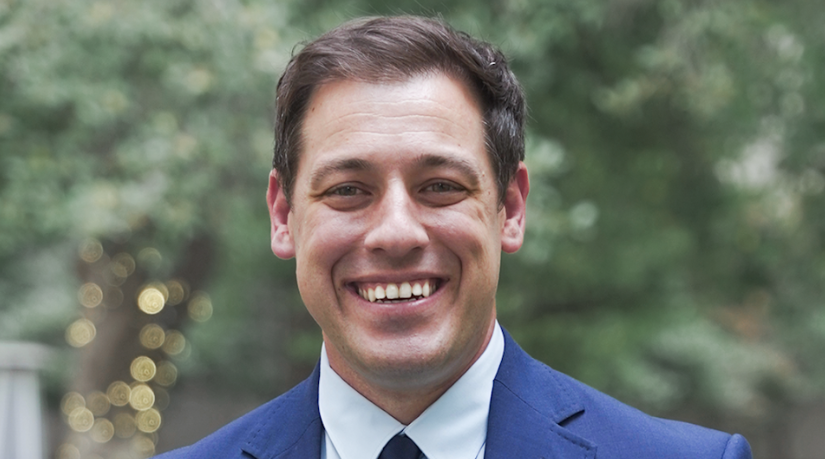Mitchell Voss is the visionary Founder and CEO of WindMass Capital, where he leverages over 14 years of experience in commercial real estate to pioneer sustainable development and innovative technologies in the industry. Based in Chicago, he holds a Bachelor of Business Administration from the University of Denver and a Certificate in Commercial Real Estate from Cornell University’s SC Johnson College of Business. Prior to founding WindMass, Mitchell honed his expertise in investment banking, structured finance, and asset management at prestigious firms like Goldman Sachs and UBS Realty. Committed to transforming the real estate landscape, Mitchell integrates green technologies and smart systems into his projects, setting new standards for environmental responsibility. Outside of work, he is a dedicated father who enjoys sharing his love for the outdoors with his four sons through activities like fishing, skiing, and boating.
How did your early career experiences shape your approach to leading WindMass Capital?
My time at firms like Goldman Sachs and UBS Realty exposed me to a breadth of financial tools and market strategies. These experiences taught me the importance of meticulous analysis and risk management, which are now cornerstones of my leadership style at WindMass Capital. We focus on sustainability not just as an ethical choice, but as a strategic business imperative.
What are some of the key challenges facing sustainable real estate today?
One major challenge is the high upfront cost associated with implementing green technologies. Although they offer long-term savings and environmental benefits, the initial investment can be a barrier. Additionally, navigating regulatory environments can be complex, as sustainability standards continue to evolve.
How do you stay ahead in a rapidly changing industry like commercial real estate?
Continuous learning is crucial. I regularly attend industry conferences, participate in seminars, and keep up with the latest research. Staying connected with other leaders in the field also helps me gain diverse perspectives and stay ahead of emerging trends and technologies.
Can you share a successful project at WindMass Capital that exemplifies your approach to innovation in real estate?
Certainly, one of our recent projects involved the development of a mixed-use complex that integrates smart building technologies and green materials. From solar glass to automated energy systems that adapt to usage patterns, this project not only reduces operational costs but also significantly lowers the environmental impact, showcasing our commitment to innovation and sustainability.
What personal values do you believe are essential for success in business and life?
Integrity and respect are paramount. In business, being honest and transparent with your clients, employees, and stakeholders builds trust and long-term relationships. Respect for others’ ideas and perspectives fosters a collaborative environment that is critical for innovation. Personally, these values guide my interactions and decisions daily.
How do you balance high-stakes business demands with personal life, especially as a father of four?
It’s all about prioritization and setting boundaries. I make it a point to be present during family time—no emails or calls. Planning and efficiency at work allow me to maximize productivity, so when I’m home, I can fully engage with my family. It’s a challenging balance, but incredibly rewarding.
What role do you see AI and other technologies playing in the future of real estate?
AI is set to transform real estate even further by enhancing data analysis for market trends and customer needs, optimizing building management, and even assisting in virtual property tours. As we integrate more AI solutions at WindMass, our focus will be on harnessing this technology to create smarter, more efficient properties.
Looking ahead, what’s your vision for the future of WindMass Capital?
My vision for WindMass is to be at the forefront of sustainable and innovative real estate development. We aim to expand our portfolio with projects that not only generate economic returns but also contribute positively to the communities and the environment. By fostering a culture of innovation and responsibility, we plan to set new standards for the industry.

